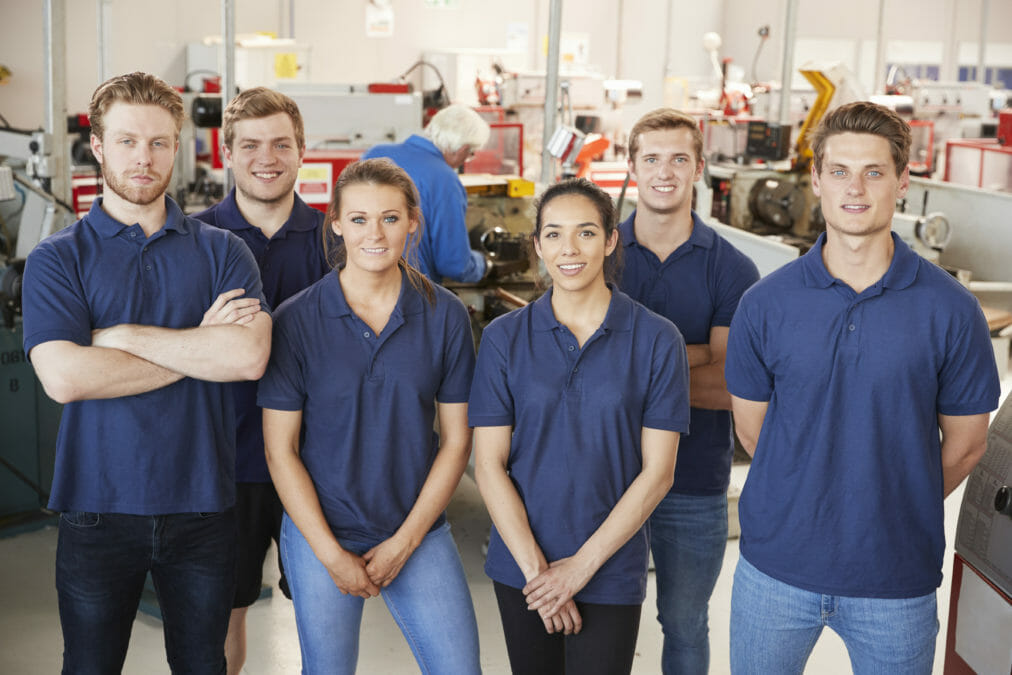International Women in Engineering Day was established by the Women’s Engineering Society (WES) in 2017, having previously observed a National Women in Engineering Day in the UK since 2014, to raise the profile of female professionals in the engineering industry.
Held every year on the anniversary of the WES’s foundation, this year’s theme is #ShapeTheWorld, and due to the current pandemic, the campaign is being carried out entirely virtually.
Today is the day!! 🎉🎉🎉
It’s #International #Women in #Engineering Day 2020!!
Let’s get #INWED20 trending & get together to help #ShapeTheWorld!
Head over to our website for more info on how to celebrate! https://t.co/8Km4YCe24r#WomenInSTEM #womenengineers pic.twitter.com/jK3ZzPD2HJ
— INWED (@INWED1919) June 23, 2020
The occasion calls upon governmental, corporate, and environmental bodies, as well as engineering companies and institutions, to raise awareness by organising activities in support of the day.
Currently, women account for just over 10% of engineering professionals, meaning there is still work to be done to not only create new female role models within the industry, but enable effective innovation by increasing diversity within workforces.
“Diverse teams allow organisations to provide environments where different styles of thinking come together – allowing for more innovation and productivity,” said Kelly Metcalf, head of diversity & inclusion and wellbeing at Fujitsu.
“This then becomes self-reinforcing with better diversity creating more diversity of people and thought within the organisation. Businesses, then, should be doing more to pave the way for women to pursue STEM careers by celebrating events such as Women in Engineering Day, Ada Lovelace Day and hosting ‘Girls Day’ events to continue to inspire more women into engineering careers.”
Hire STEM women: it’s good for business
As well as organising activities, such as competitions that are being organised for International Women in Engineering Day 2020, celebrating the achievements of women in the industry worldwide can also go a long way to raise awareness and encourage companies to hire more women.
“There is clearly a lack of awareness when it comes to the career opportunities available in engineering, but by championing women and celebrating their successes in the industry we can increase awareness and encourage more women to get involved,” Metcalf continued.
“This is not just an organisational challenge, but a societal one too – of which both public and private organisations should join forces to address. Businesses and schools should be telling the stories of some great females, like Caroline Haslett, in a bid to inspire young girls and women to follow in their footsteps.
“Ultimately, the future looks bright for women in the UK, and only with continued support from the government and organisations, and by quashing perceptions that do not belong in a modern-era, can we ensure more diversity in STEM roles across the nation.”







